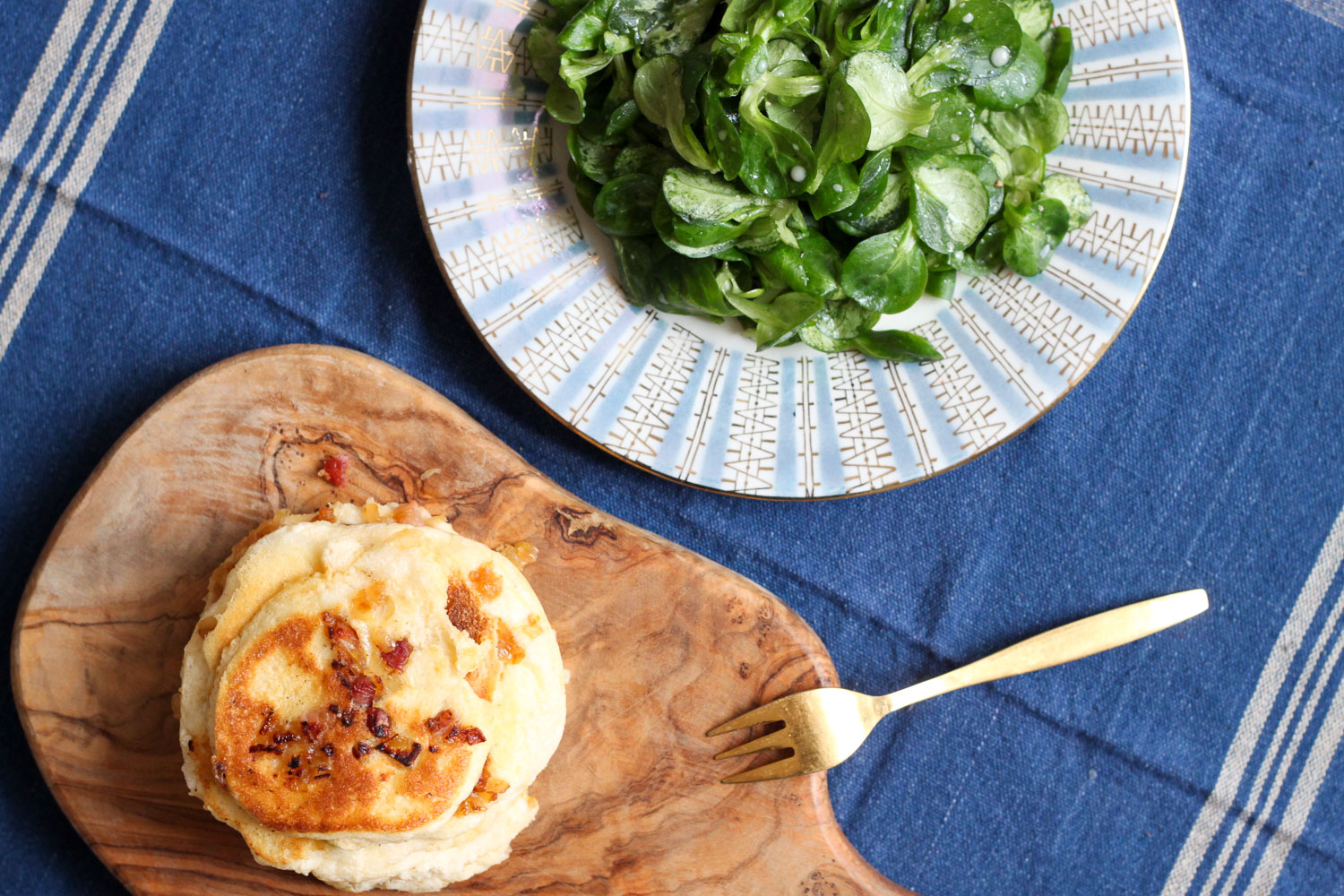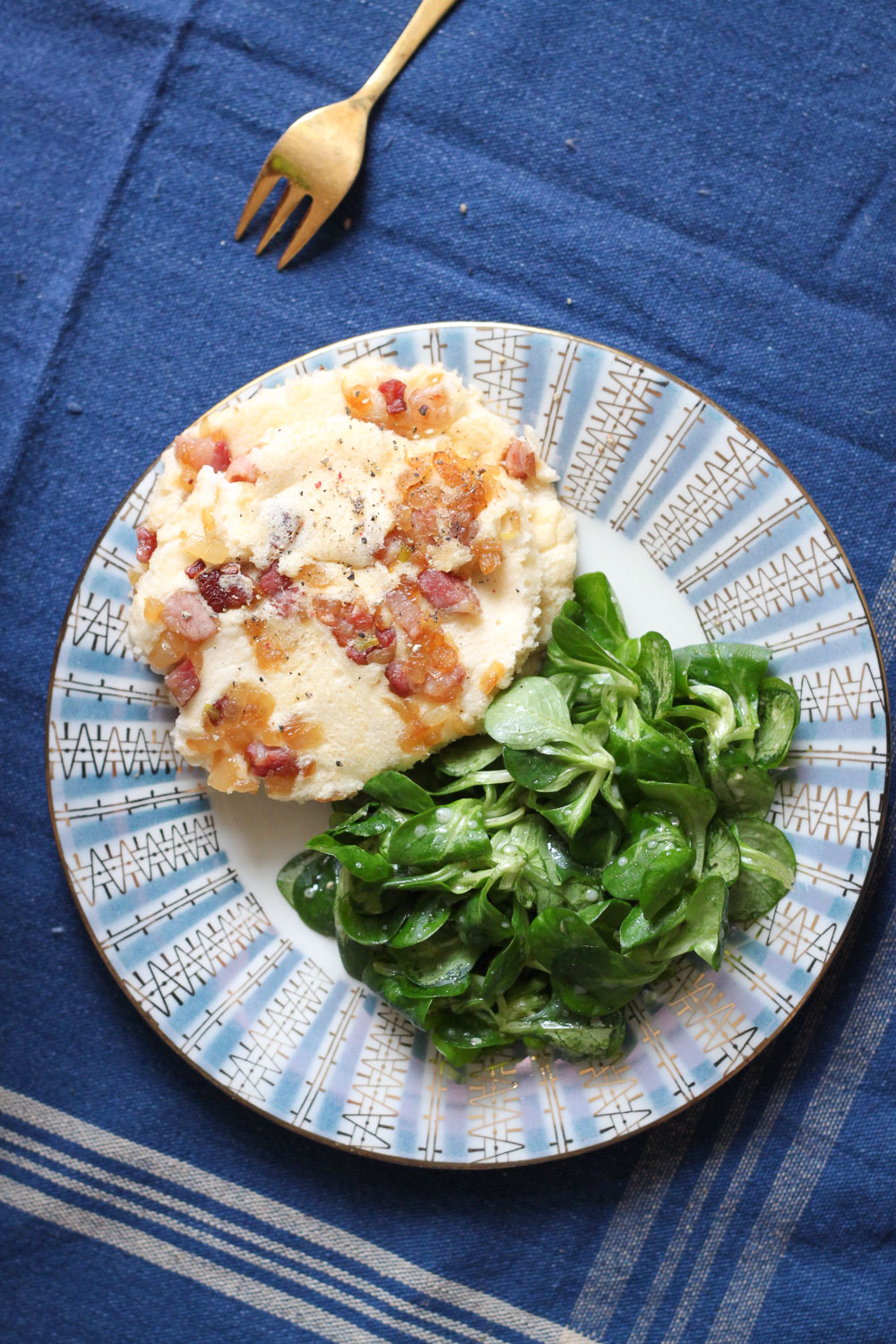
I realized recently with some surprise that I’ve been living in Germany for nearly six years. The time has manifested itself in subtle ways. I’ve gotten accustomed to long meals with infrequent attention from waitstaff, come to enjoy waiting for the light to turn green before crossing the street. I’ve gotten less good at small talk, more good at getting to the point (but clearly, not better at speaking English…). I’ve gotten used to just buying food for one meal at a time, since my fridge is too small to support much more than that. And I’ve gotten very good at packing up my groceries in record speed as the cashier’s speedy swiping slings them precipitously towards the counter’s edge.
My speaking skills certainly haven’t escaped unscathed. I find myself forgetting words, or grabbing for something in German that feels so much more specific. Like the other night, when I was telling a story about the sink my neighbors were throwing out, and I couldn’t just call it a “sink,” because it was more than a “sink” or even a “kitchen sink.” It was the kitchen sink with all its accoutrements and pipes and cabinet system – a Spüle in German. So many words in English. In German, just the one.
I’ve also gotten into the habit of ending my sentences with “or?” – a direct translation of the German “oder?,” which functions like “you know?” or “right?” but is certainly not something we say. And yet, it has ceased to sound odd to me.


German has a reputation for being an ugly, angry-sounding language. And it’s not entirely inaccurate. There was that meme that went around some time ago with words in different languages… butterfly – papillon – mariposa – Schmetterling. But some German words are better than their English counterparts. » Continue reading this post...